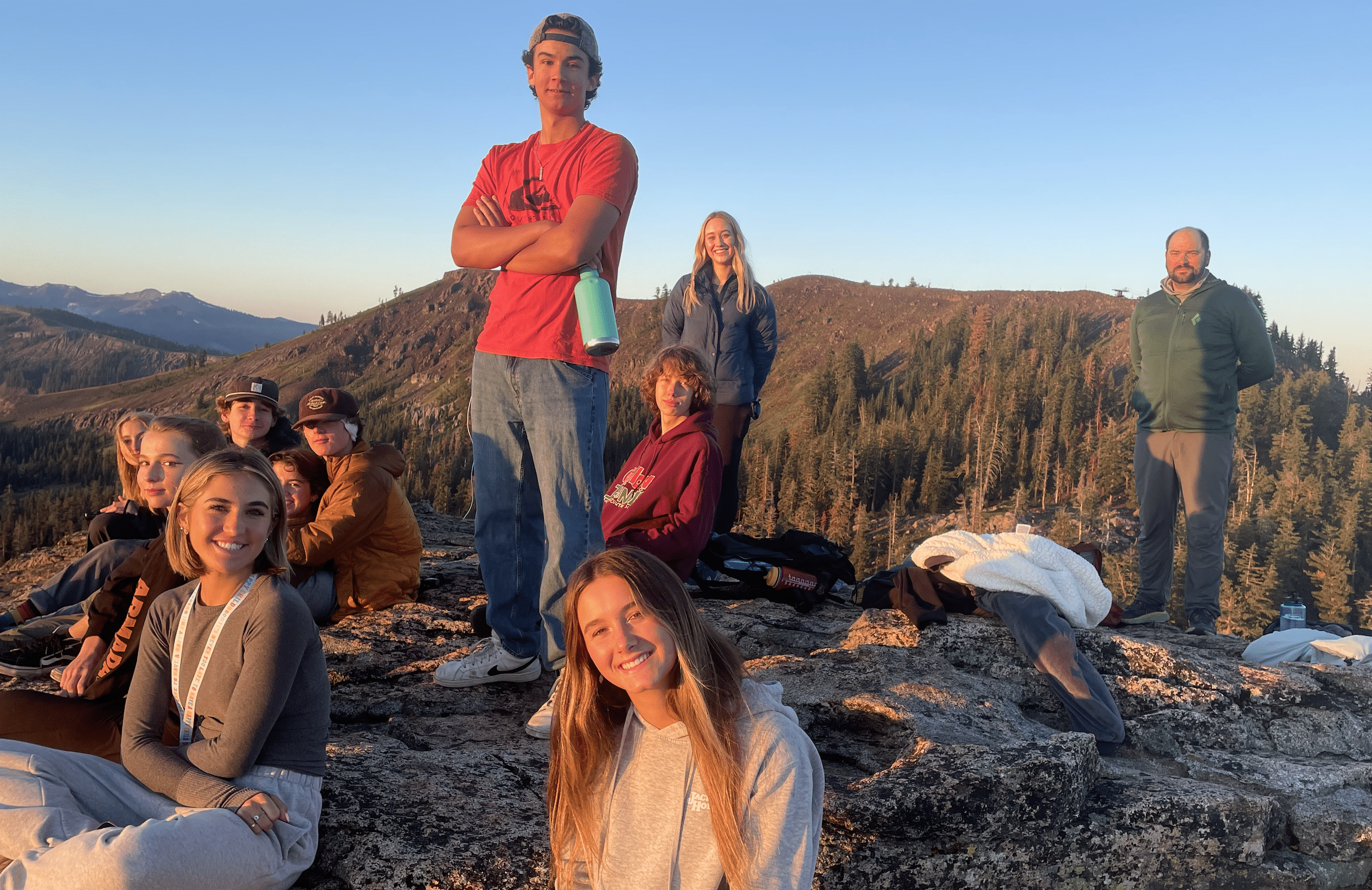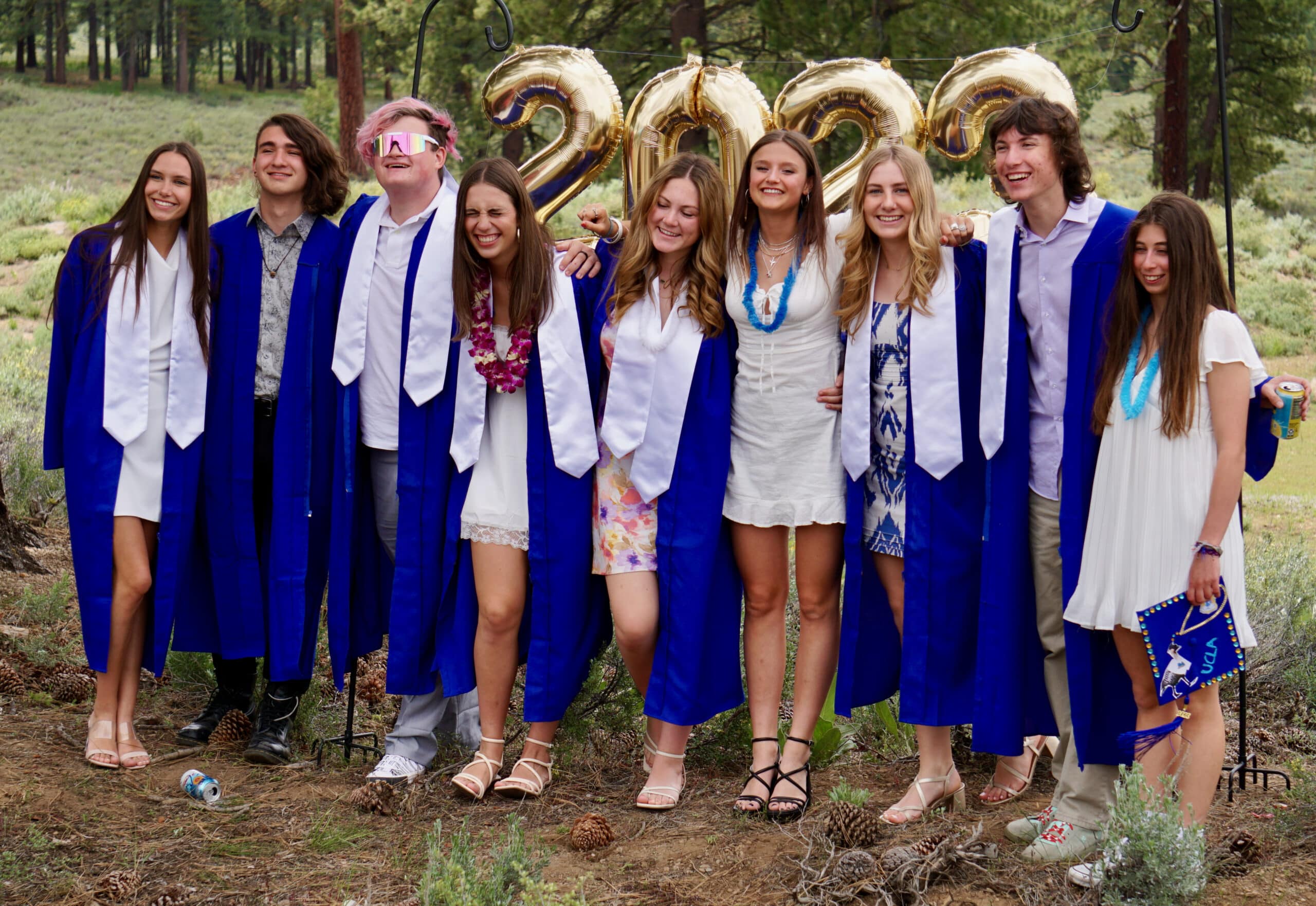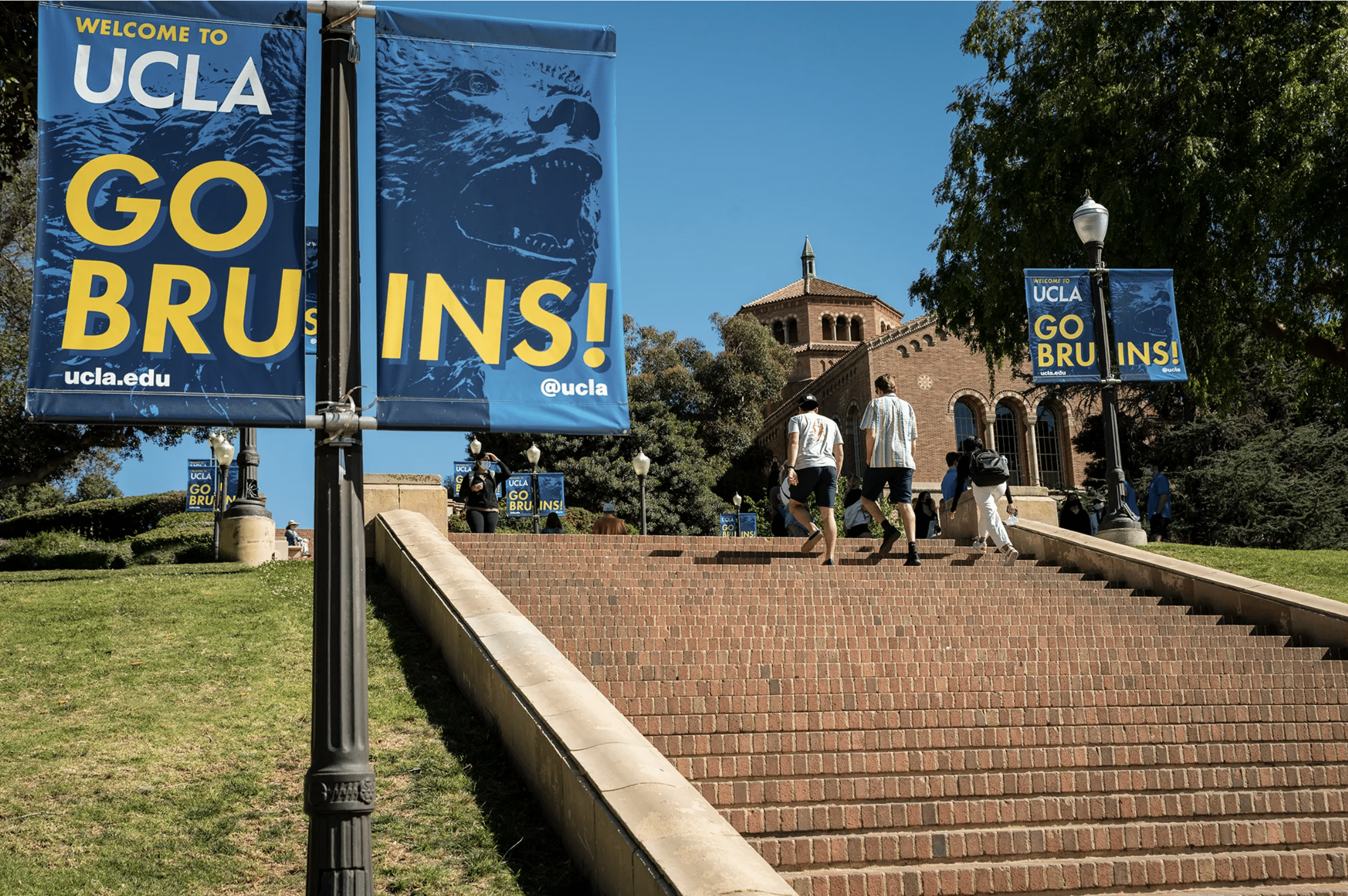The Class of 2025 Senior Capstone Projects
Passion, Service Learning, Research: A capstone project is a culminating academic project that demonstrates a student's knowledge and skills by applying them to real-world problems.
For seniors, Spring semester brings their Senior Capstone Project. They set off to answer a research question of their choosing, finding experts and guiding their own fieldwork. In May, they presented their projects to an audience of their peers, teachers, and parents.

The Class of 2025’s Senior Capstones include: burnout in the mental health industry, food insecurity in college, the ski industry and communities that revolve around it, promotion and sponsorship through motorsports, food waste and food insecurity, how blue-collar workers create the backbone of the country, stewardship and preserving the land for future generations, and an exploration of the future of space travel.
Their projects are as varied as their class. Below we offer a deeper look into each of the student’s projects.
Annika Baldwin: Preserving Land for Future Generations
Annika’s Real-World Essential Question:
How can increasing awareness about land preservation and distribution help create a more sustainable and equitable future?
Annika’s Solution:
Spread awareness, especially through school curriculums; mindful consumption including taking public transportation and shopping locally for food; and protecting the region against the harms of new development and tourism by educating them on how to Keep Tahoe Blue.
Philip Rogers: Food Insecurity in College
Philip’s Real-World Essential Question:
Why are college students having a hard time eating healthy and how can they eat healthier for an affordable price?
Philip’s Solution:
Philip and Evan collaborated to create a cook book addressing food insecurity and food waste. Their cookbook includes recipes and tips for using appliances. They plan on sending it to college food pantries. Philip also provided tips such as taking Tupperwares to the dining hall, applying for Calfresh, and visiting school food pantries and gardens.
Evan Russo: Food Waste & Food Insecurity
Evan’s Real-World Essential Question:
Why do so many people go hungry in the United States when there is so much excess food that ends up going to waste? What is the root cause of food waste?
Evan’s Solution:
Evan proposed retail solutions such as dynamic pricing for perishables, the donation of unsold food, smarter inventory management, and stock monitoring; policy and community solutions such as collaboration with non profits and public awareness campaigns; and urban farming. Evan and Philip collaborated to create a cook book addressing food insecurity and food waste. Their cookbook includes recipes and tips for using appliances.
Callie Whiting: Promotion and Sponsorship Through Motorsport
Callie’s Real-World Essential Question:
How can events and sponsored athletes support nonprofit development, and what steps can an athlete take to become sponsored?
Callie’s Solution:
Callie created a website to help individuals get started on building their own dreams in motorsport. Additionally, she found community involvement to be a solution and has provided free nonprofit promotion, brand ambassadorship, event participation, and community outreach development.
Jahotzy Sotelo: The Backbone of Our Country: A Blue-Collar Story
Jahotzy’s Real-World Essential Question:
How can blue-collar jobs be destigmatized and encouraged? What economic and technological trends are impact blue-collar jobs, and how is the blue-collar labor market shifting?
Jahotzy’s Solution:
Jahotzy thinks blue-collar work can be destigmatized by highlighting the skill, purpose, and value required for it in education, media, and the community. Trade school should be viewed as an equal option to college.
Isha Vedock: Burnout in Mental Health Professions
Isha’s Real-World Essential Question:
How can burnout be prevented in mental health fields?
Isha’s Solution:
Part of the solution for psychologists and therapists is to identify triggers and put oneself first. Isha said that in an environment where psychologists and therapists have a job to support their patients, setting clear boundaries is the biggest habit to build. Self care means one’s needs come first so they can then help others.
Hadrian Siano: Exploring the Future of Space Travel
Hadrian’s Real-World Essential Question:
Space junk is a global problem. How can the agencies and entities that engage in space travel reduce both the potential danger and overall quantity of space junk?
Hadrian’s Solution:
Hadrian proposed integrating new software in satellites. He thinks implementing AI could allow satellites to avoid collisions with space junk, including a safe “end-of-life” setting in satellites, and having agencies cleanup and conduct damage checks will help with the problem.
Miles Gibbons: Ski Industry and Communities
Miles’ Real-World Essential Question:
How does the increase in skier population affect ski areas and communities?
Miles’ Solution:
Miles thinks the tax for short-term lodging in Truckee needs to increase in order to better take care of community members and workers affected by high housing costs. He spoke of how Palisades’ implementation of its parking program helped with traffic and promoted carpooling.


